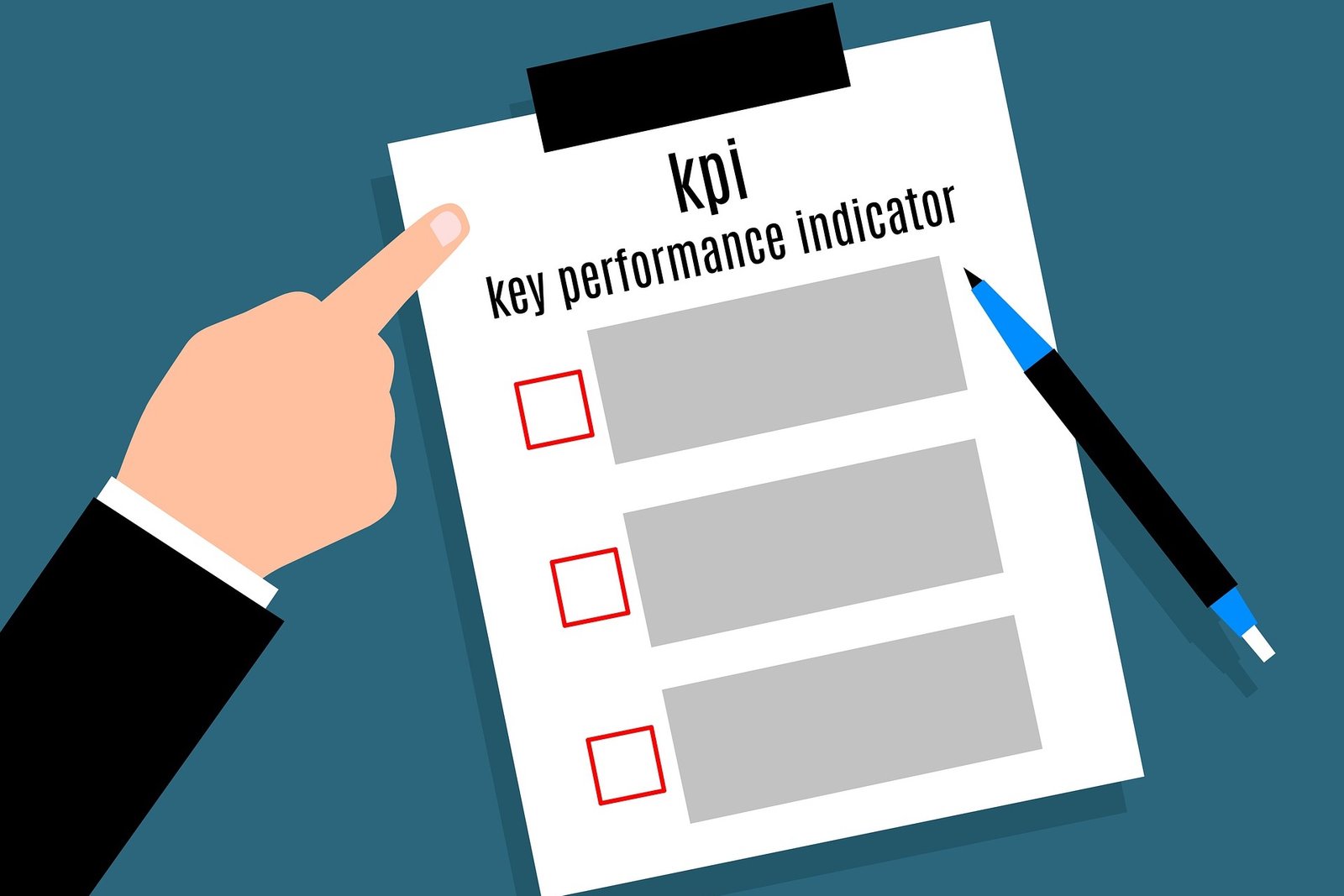As a project manager, I understand how difficult it can be to manage a project effectively. There are so many moving parts, and it can be challenging to keep everyone on track and ensure that the project is delivered on time and within budget. That’s why I believe that using Key Performance Indicators (KPIs) is so important for project management. In this article, I’ll explain what KPIs are, and why they are so essential for successful project management.
What are the Key Performance Indicators?
KPIs are metrics that are used to measure the success of a project or business. They are typically quantifiable and can be used to track progress towards specific goals or objectives. Key Performance Indicators can be used to measure a wide range of factors, from financial performance to customer satisfaction to employee productivity.
Why are KPIs important for project management?
- They provide clarity: Key Performance Indicators provide a clear definition of what success looks like for a project. By setting clear goals and KPIs, everyone on the team knows exactly what they are working towards.
- They help with decision-making: KPIs provide data that can be used to make informed decisions. By tracking progress towards specific goals, project managers can make adjustments as needed to ensure that the project stays on track.
- They promote accountability: KPIs help to promote accountability among team members. When everyone knows what they are responsible for and how their work contributes to the overall project, they are more likely to take ownership of their work and ensure that it is completed on time and to the desired quality.
- They provide a basis for improvement: By tracking Key Performance Indicators over time, project managers can identify areas where the project is succeeding and areas where it is falling short. This information can be used to make improvements and adjustments to the project, ensuring that it continues to meet the needs of stakeholders.
Real-world examples of how KPIs are used in project management
- Construction projects: KPIs are used in construction projects to measure progress towards completion. Examples of KPIs include the percentage of the project completed, the number of safety incidents, and the number of defects in completed work.
- Software development projects: Key Performance Indicators are used in software development projects to track progress towards milestones and ensure that the project stays on schedule. Examples of KPIs include the number of bugs in the software, the number of user stories completed, and the velocity of the development team.
- Marketing campaigns: KPIs are used in marketing campaigns to measure the success of the campaign and ensure that it is meeting the desired goals. Examples of Key Performance Indicators include the number of leads generated, the click-through rate of email campaigns, and the conversion rate of website visitors.
- Customer service projects: KPIs are used in customer service projects to measure the quality of customer service and identify areas where improvements can be made. Examples of KPIs include the average response time to customer inquiries, the number of customer complaints, and the customer satisfaction rate.
- Event planning projects: Key Performance Indicators are used in event planning projects to measure the success of the event and ensure that it meets the desired goals. Examples of KPIs include the number of attendees, the satisfaction rate of attendees, and the revenue generated from the event.
In each of these examples, Key Performance Indicators are used to track progress towards specific goals and ensure that the project is meeting the needs of stakeholders. By using KPIs, project managers can make informed decisions and make adjustments as needed to ensure that the project is successful.
As a project manager, I believe that using KPIs is essential for successful project management. By providing clarity, helping with decision-making, promoting accountability, and providing a basis for improvement, KPIs can help to ensure that a project is delivered on time, within budget, and to the desired quality. If you’re not already using KPIs in your project management, I encourage you to start incorporating them into your process. It can make a world of difference in the success of your projects.

